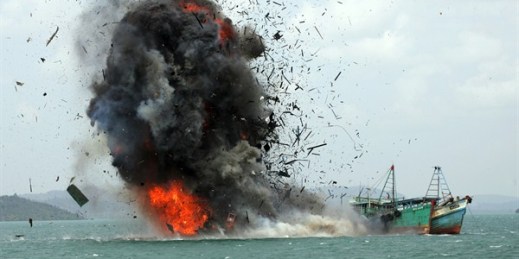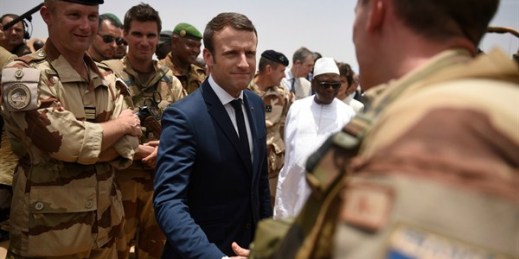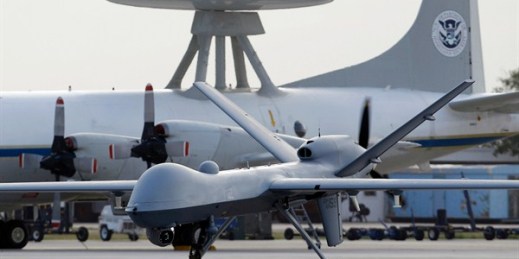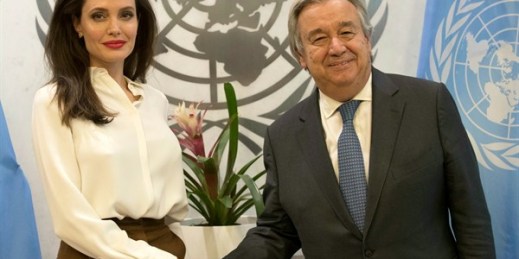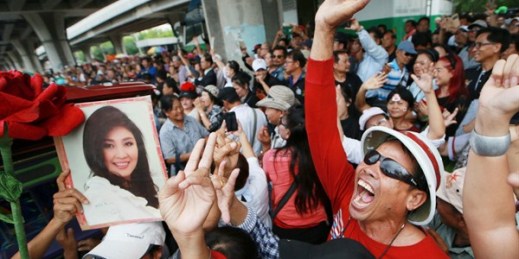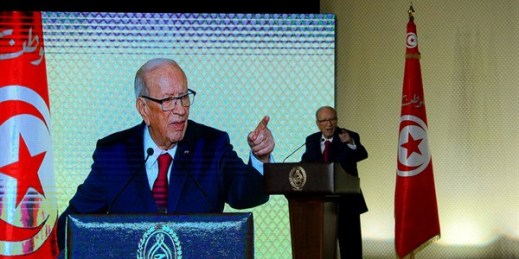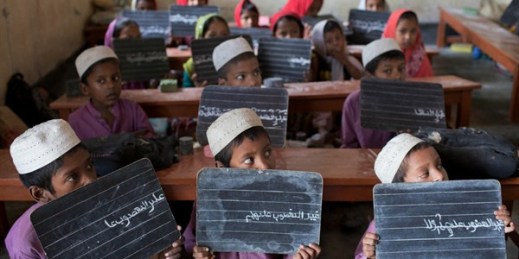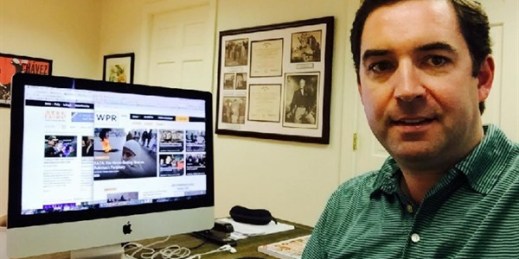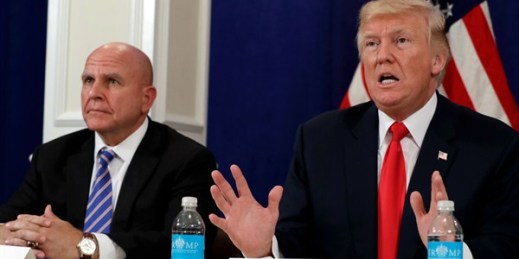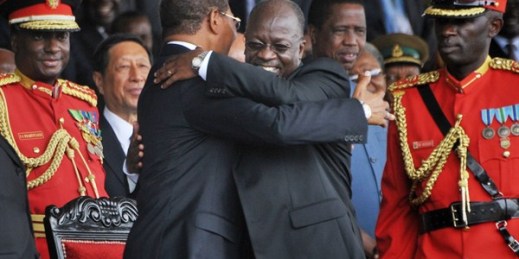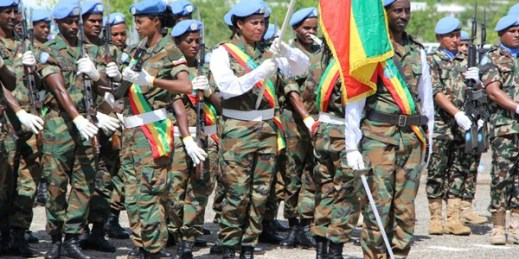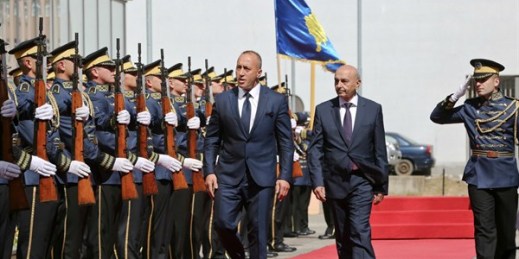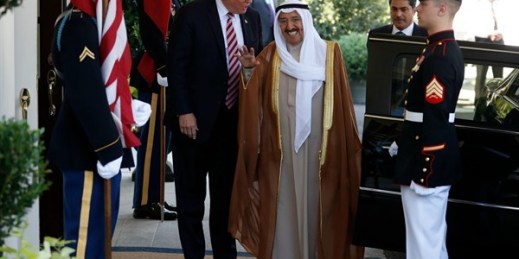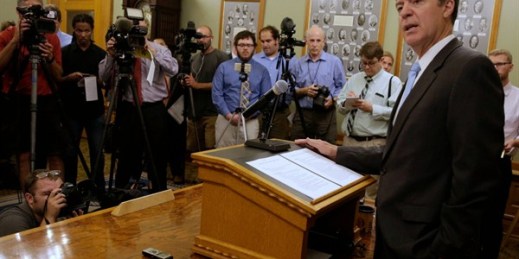
Last week, Iceland’s fragile ruling government collapsed under the weight of an unraveling pedophilia scandal that came to light over the summer. Elections have been called for Oct. 28, but with Icelandic politics more fractured than ever, there is no telling if scandal-ridden Prime Minister Bjarni Benediktsson will again occupy the nation’s highest office. In an email interview, Icelandic journalist Thorgils Jonsson provides the context for the controversy and explains what it all means for Iceland’s troubled politics and resurgent economy. WPR: Iceland’s prime minister has just called for a snap election. What led to the collapse of his ruling […]

